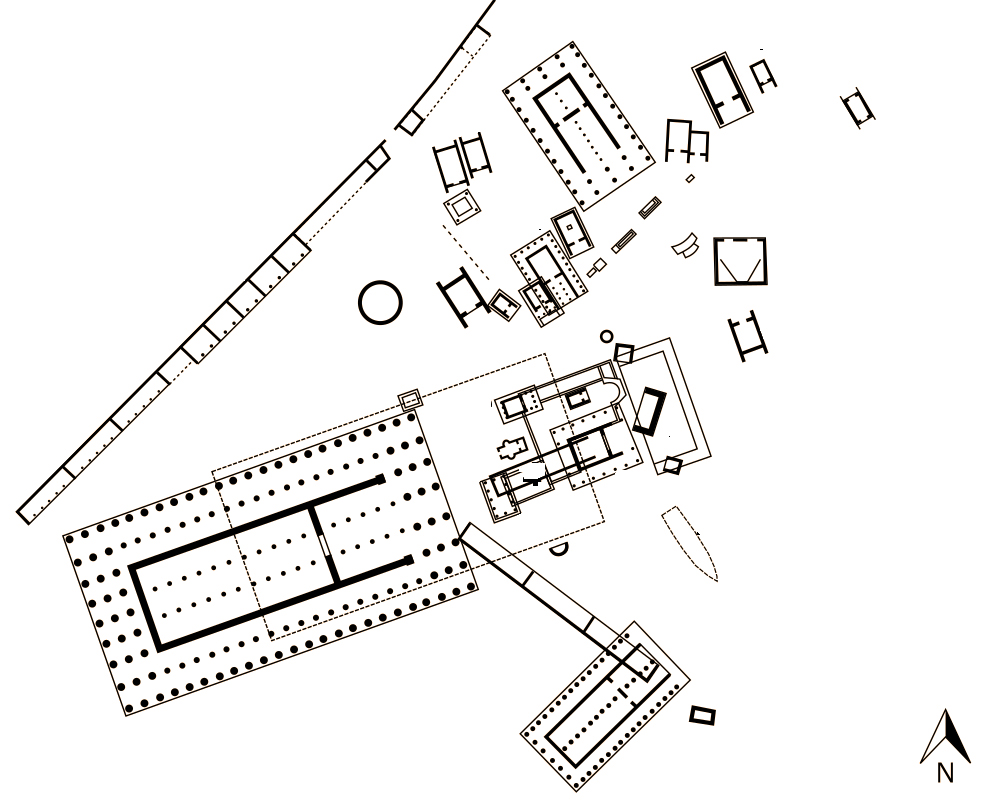THE 4CANTOS PROJECT
Site-specific, sculpture, performance and video
Samos Island, Greece
2018

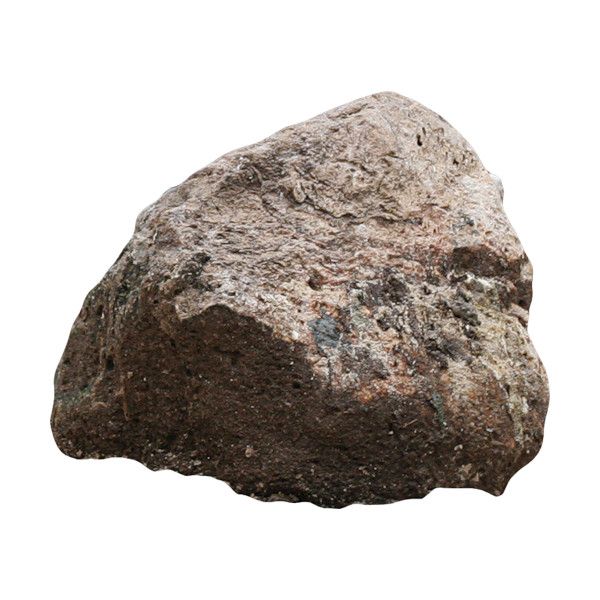

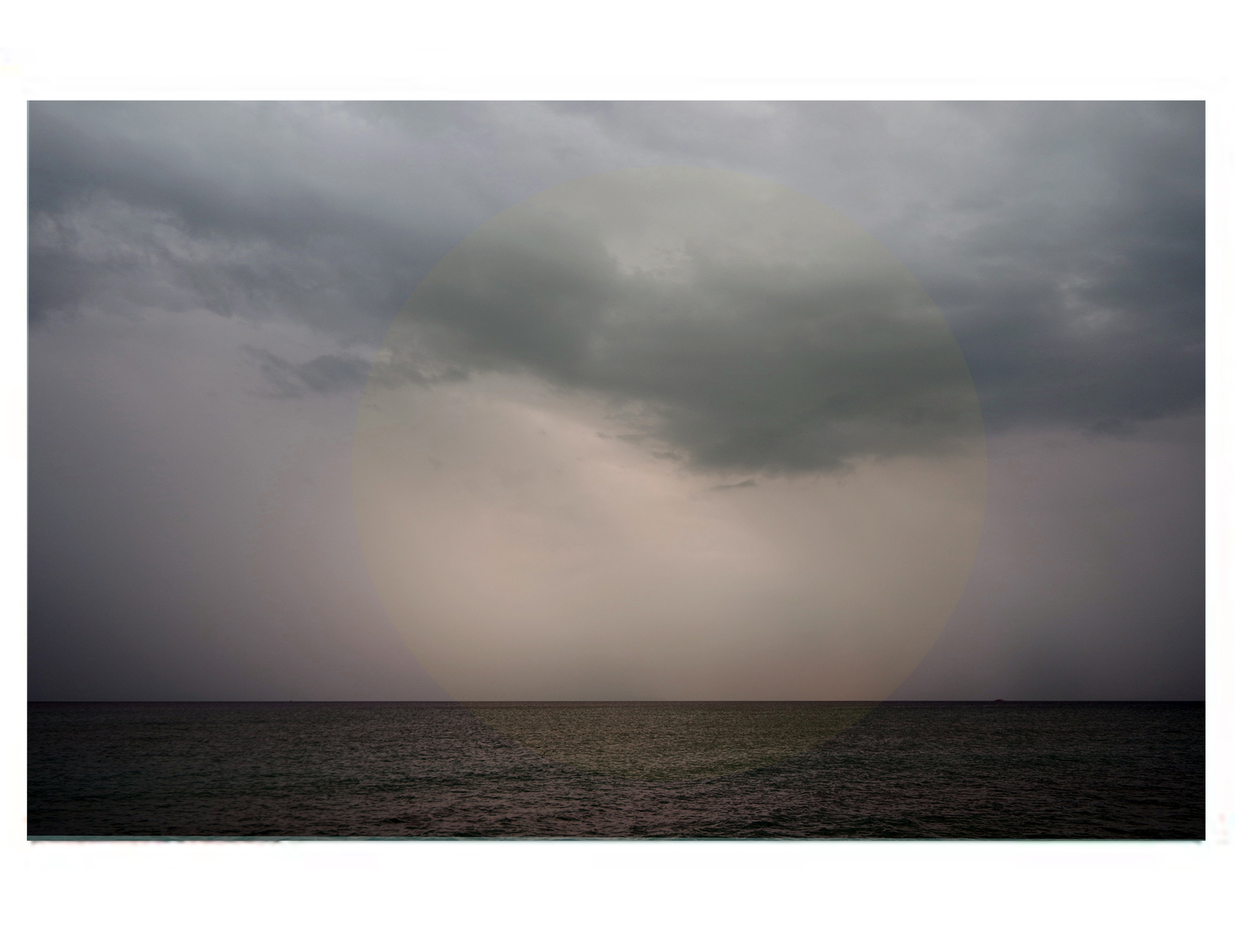
The project consists in traveling to "the four corners of the world". Four journeys in search of “new” and old memories, using photography, video, literature, performance and music to outline
a dialogue between geography and art, history and gender, crossing a subjective-personal path in which the chosen destinations are inserted.
ON MATRIARCHY
SAMOS ISLAND, GREECE - 2018
The Samos Island is located in the east Aegean Sea, off the coast of Asia Minor. In the island stands a large sanctuary in honor of the goddess Hera. The Heraion is situated along a river and close to the sea, two ancestral symbols for transcendence. Beyond the mythology, where she appears as the 'jealous' wife of Zeus, Hera is the goddess-symbol of a feasible pre-Hellenistic matriarchal civilization that would have existed in the place.
In contemporary times, due to its proximity to Turkey, Samos is one of the destinations for the exodus of refugees expelled from the wars in the Middle East that ravage that region. Despair and tragedy, death at sea, the inglorious struggle to penetrate the “Fortress Europe”, the Aegean Sea is the grave of so many lost hopes which are embedded in the historical-subjective fabric of the island’s memory.
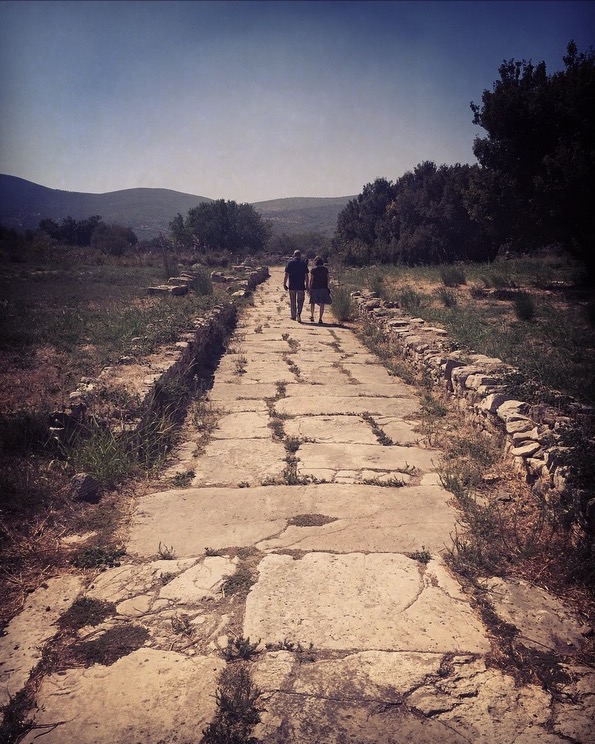
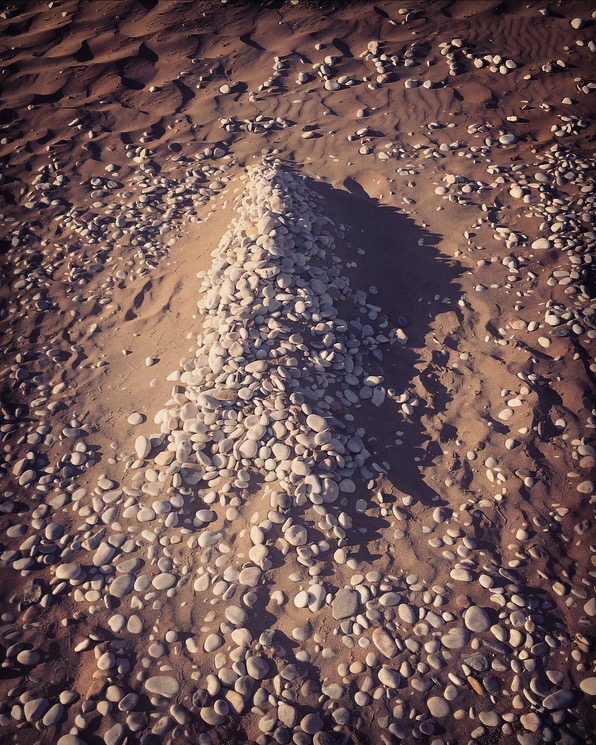
The “4Corners” creates an intercession between memory and ancestry by means of moving in space, travelling and welcoming the incident of unusual experiences. Both physical,
psychological, social and aesthetic such experiences have the potential to provoke the unfolding of the poetic experience while awakening a new repertoire of memories.
THE HERAION
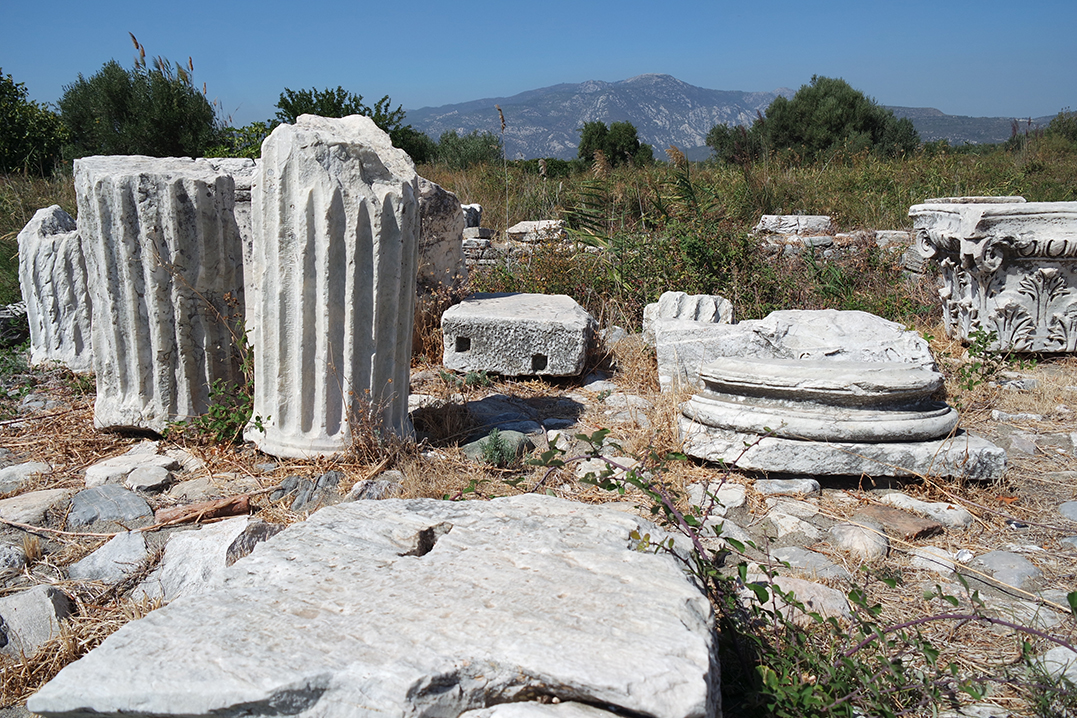
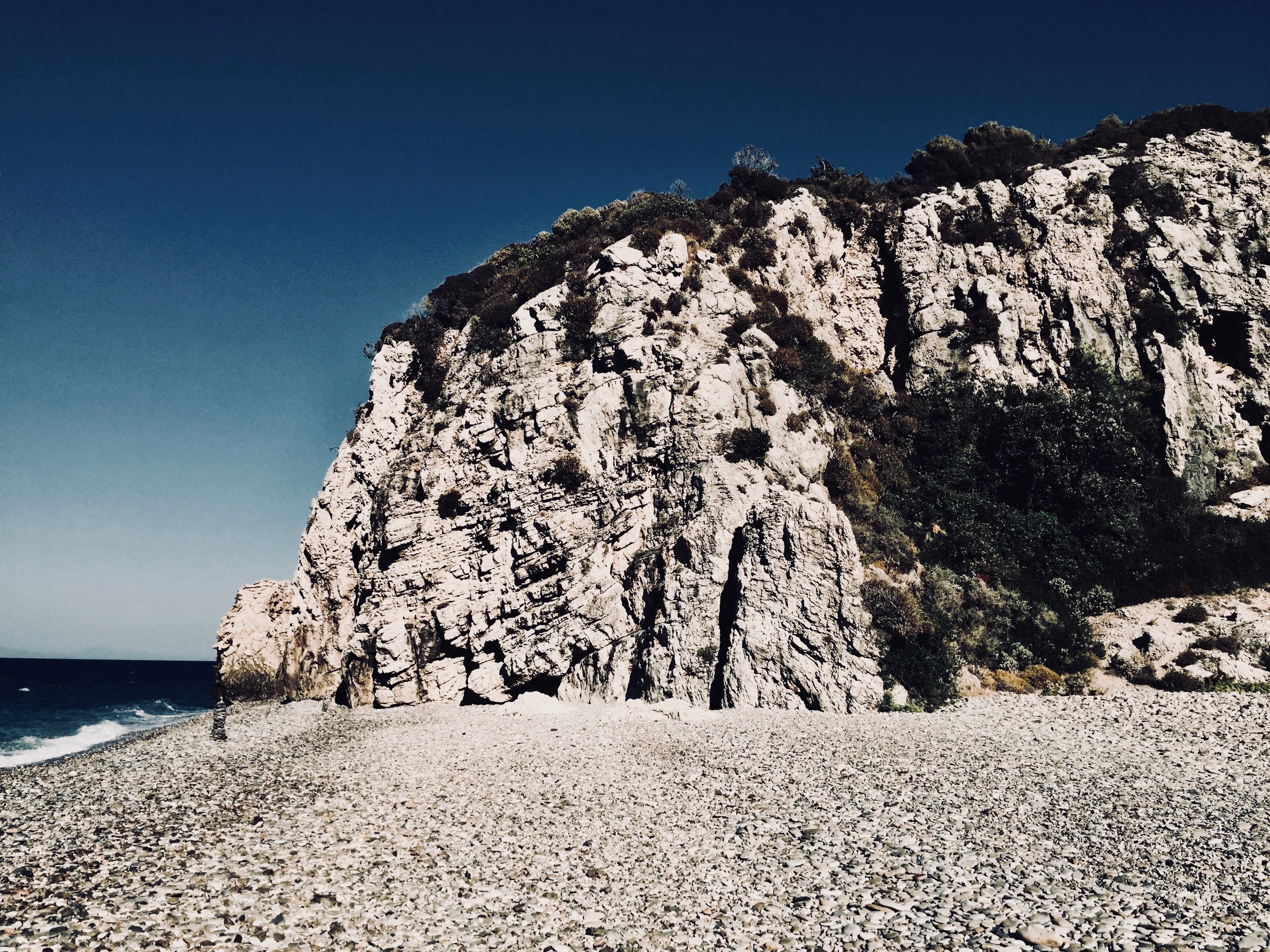
THE MONUMENT
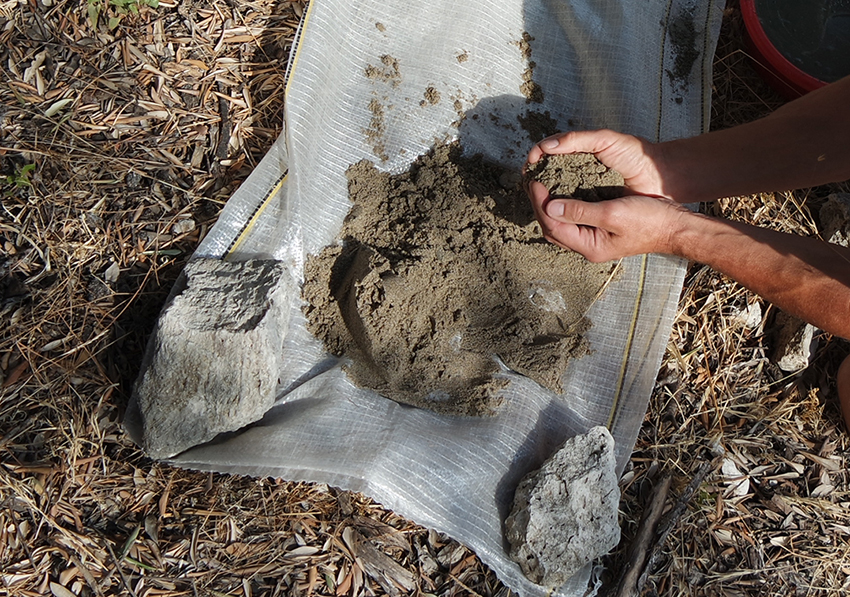
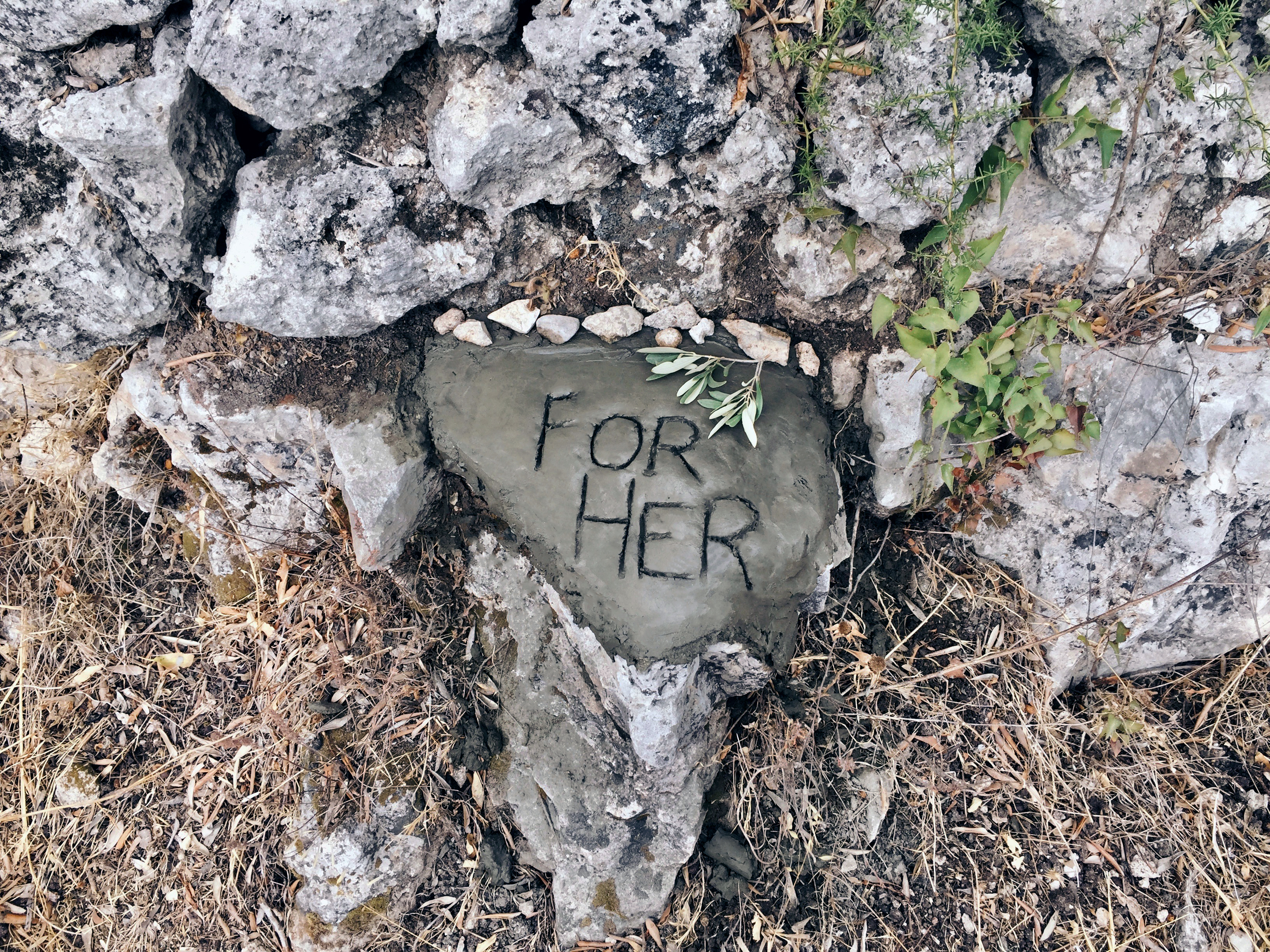
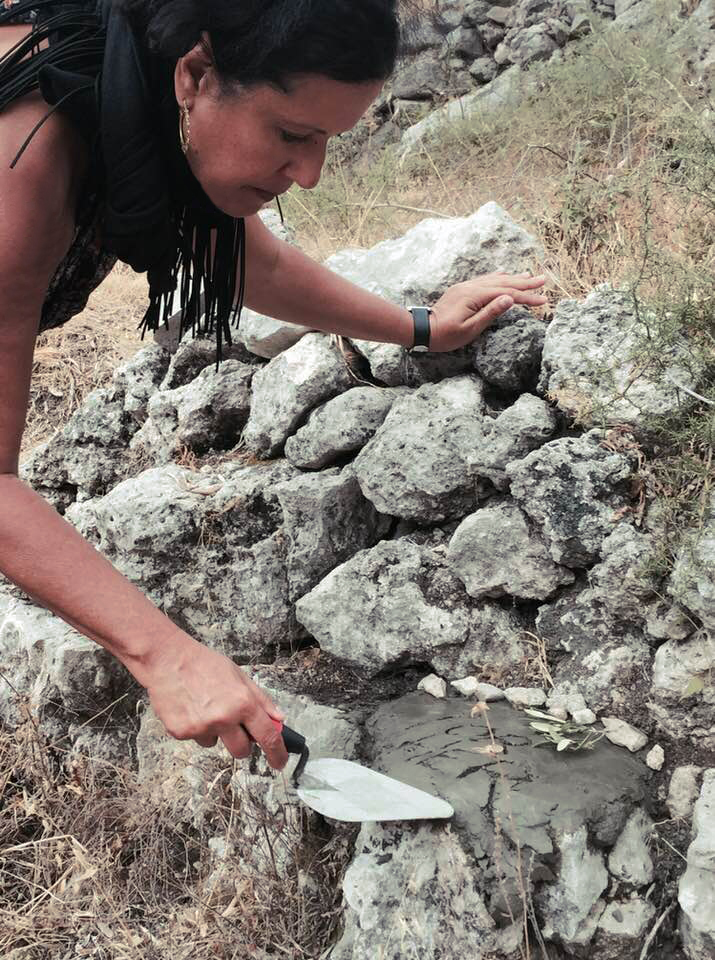

SALVADOR DA BAHIA
When American anthropologist' Ruth Landes arrived in Salvador da Bahia, in the end of the 1930’s, she was confronted with the hierarchy of the Candomblé - the Afro-Brazilian religion - where the female role could be acknowledged as a kind of matriarchy strongly rooted in the city’s black cultural hegitage. Ruth Landes imersed herself into the rich universe of the Candomblé, contemplating that unecspectedly form of female power - eventualy extended to male homossexuals. Such study resulted in the book “City of Women”.
"Because of the importance of women in traditional candomblé, this Afro-Brazilian religion was incompatible with patriarchy. Possession by the gods, the central component of the religious practice, was the domain of women: men supported the candomblé temples financially, but did not run them. . . . _Ruth Landes
**
![]()
![]()
![]()
![]()
![]()
![]()
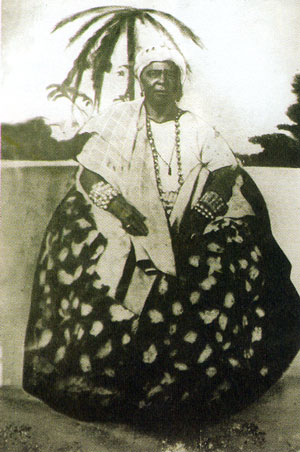
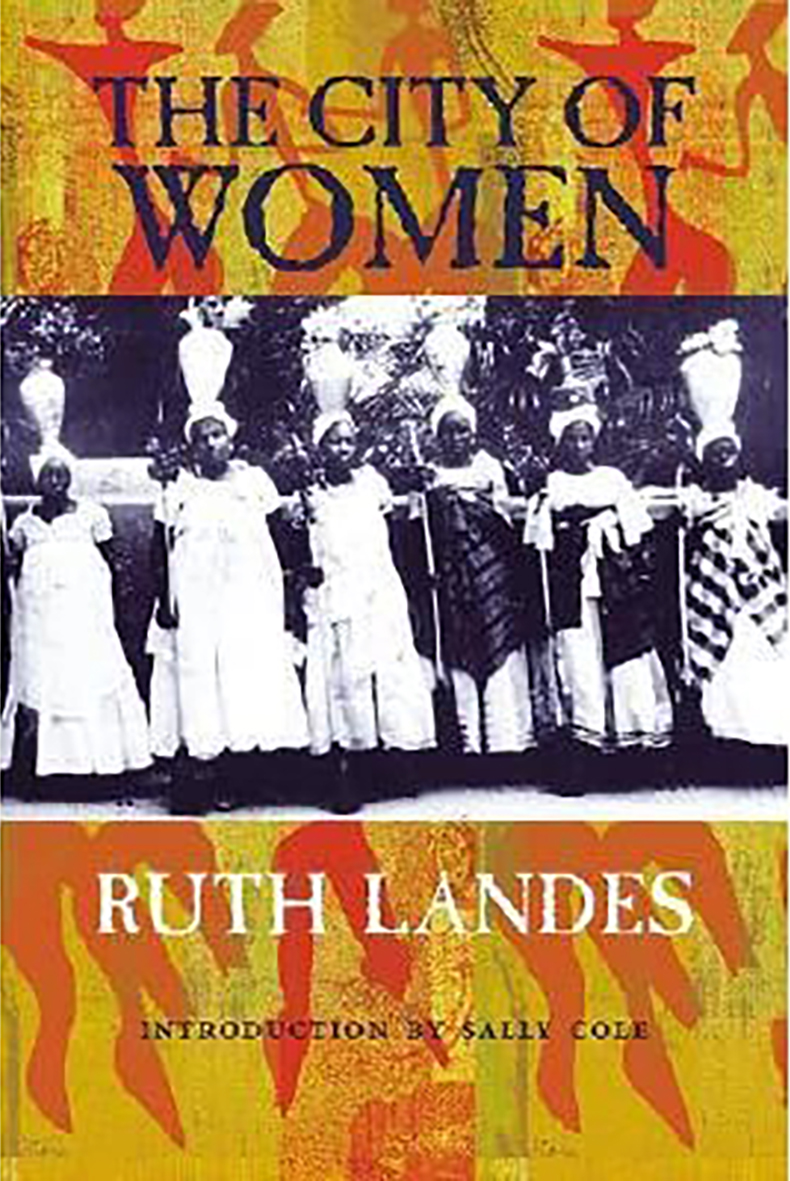
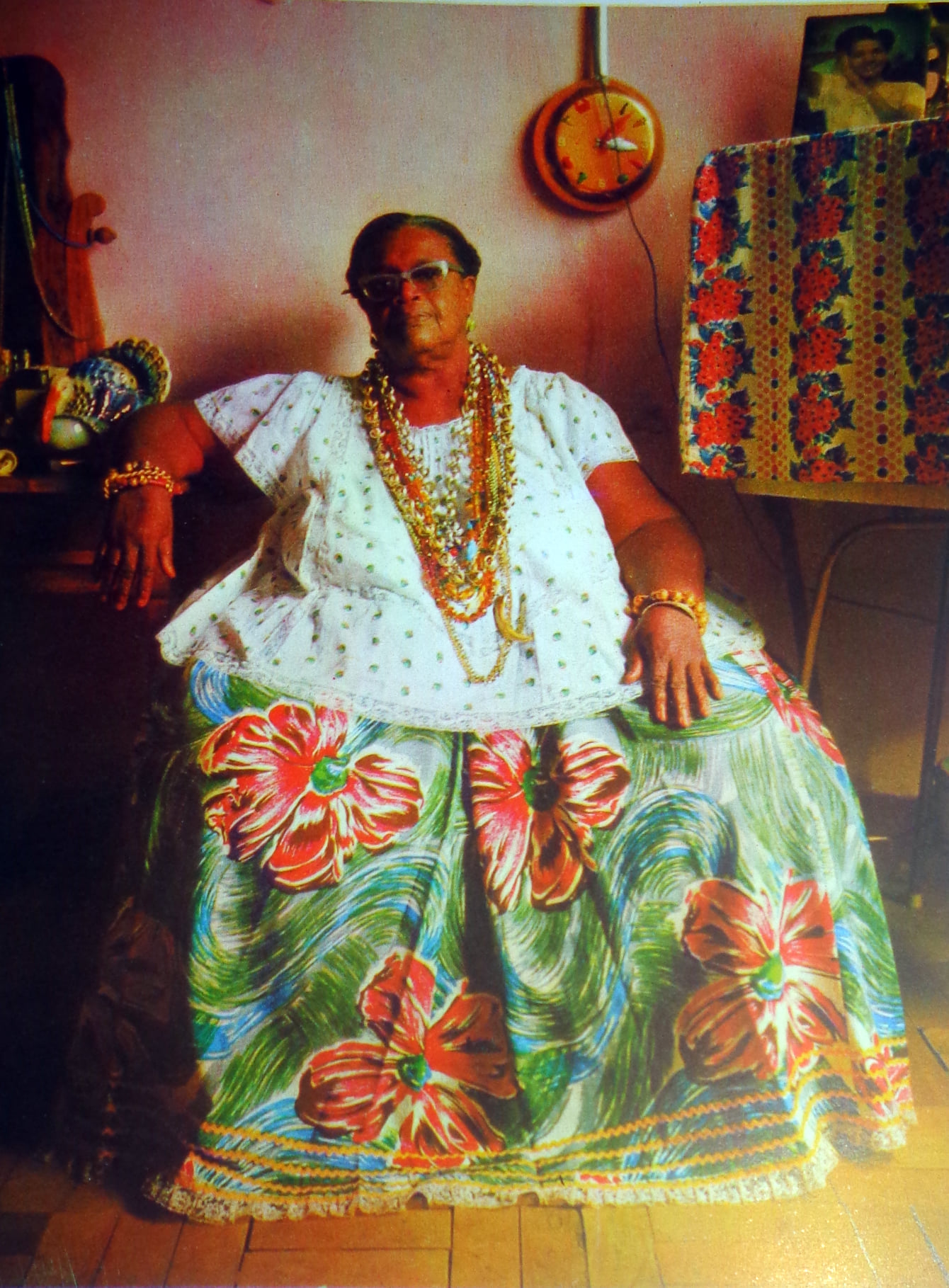
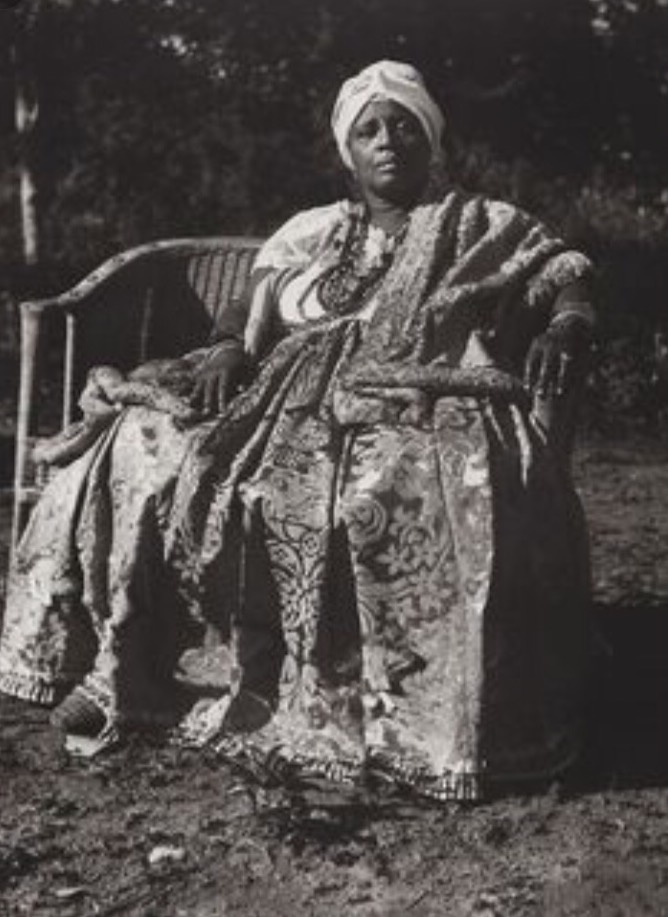

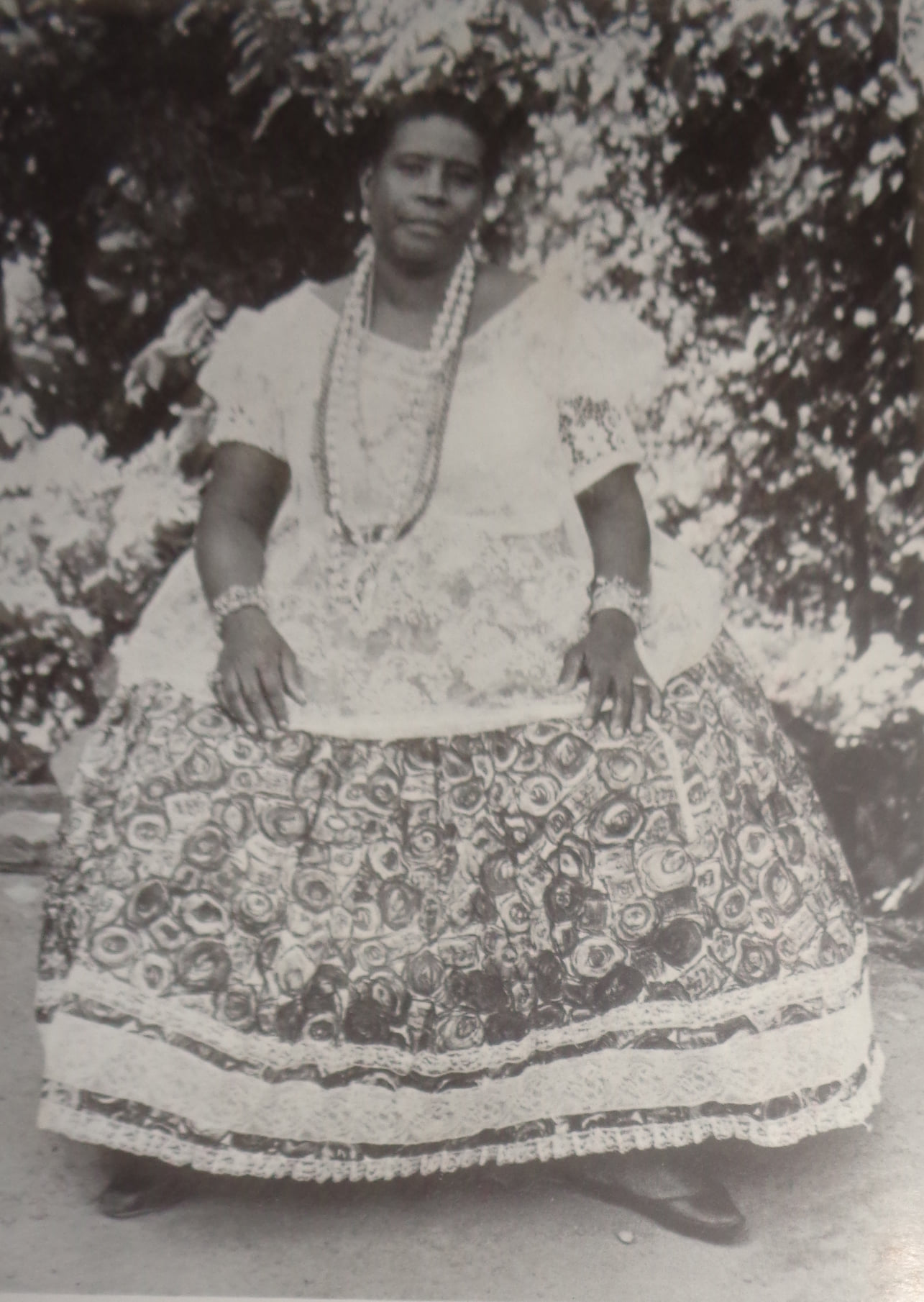
**The copyrights of the photographs in the gallery of Candomblé pristesses from Salvador da Bahia, are by several authors.
